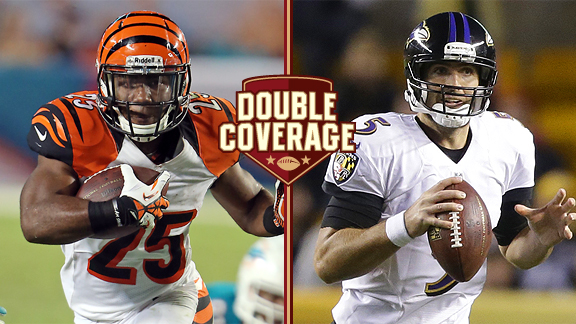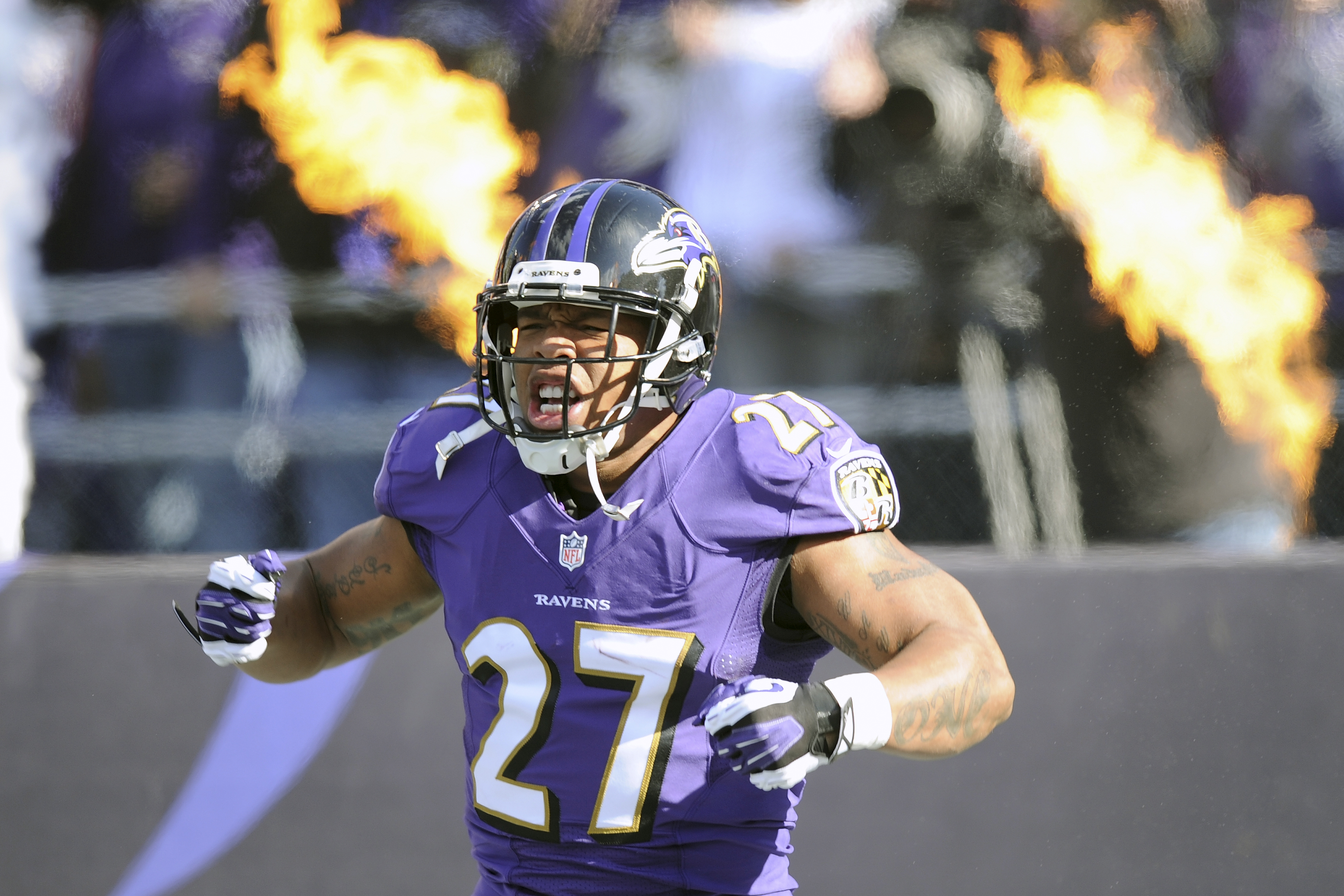You ever wonder where people get there thoughts, feelings and perceptions about you, from?? I know I do all the time. We as people are always quick to say How much we don't care about how others view us, but when you seriously think about it, What people think about us may not define us to us, but to everybody else it kind of all they have, until we have the time and opportunity to prove them thoughts right or wrong.
I once knew a guy who made a lot of money. He saw the world as a series of value propositions. Everything from what holiday vacation to take, to which beer to choose at a restaurant, to why certain people liked him or not.
If someone was rude to him it was because they were jealous or felt threatened by his power or success. If someone was kind to him it was because they admired his power and success, and in some cases, may be trying to manipulate him to get more access to it.
He measured himself through his financial success. And naturally he measured the world and the people around him through financial success.
I once knew a woman who was beautiful. She saw the the world in terms of attraction and attention. Everything from job interviews to getting discounts at restaurants to dealing with a nagging mother.
If someone was rude to her it was because they were intimidated by her beauty or their own lack of beauty. If someone was kind to her it was because they admired her beauty and wanted access to it.
She measured herself through her beauty and attractiveness. And naturally she measured the world and people in it by their beauty and attractiveness.
I once knew a guy who was a loser. He was socially awkward and nobody liked him. He saw the world as a popularity contest, a contest that he was perpetually losing. Everything from how much he earned at work, to the poor service he got at restaurants, to the people who didn’t laugh at his jokes.
If someone was rude to him it was because they realized how much cooler they were than him. If someone was kind to him it was because they saw how much of a loser he was and took pity on him. Or perhaps they were just bigger losers than he was.
He measured himself through his social status. And naturally he measured the world and the people in it through social status.
Months ago, I wrote an article about the ways that we choose to measure the value of our own lives. Some of us measure our life through money and accolades. Others measure it through beauty and popularity. Others measure it through family and relationships. Others measure it through service and good deeds.
Chances are you measure it through some combination of all of these things, but one in particular matters most to you. One stands out and determines your happiness more than others.
In that article, I wrote that it’s important to measure ourselves by our own internal metrics as much as possible. The more external our metrics for our own value and self-worth, the more we screw everything up for ourselves.
But there’s more.
The way you measure yourself is how you measure others, and how you assume others measure you.
If you measure your life by your family relationships, then you will measure others by the same standard – how close their family is to them. If they’re distant from their family or don’t call home enough, you’ll judge them as deadbeats, ungrateful or irresponsible, regardless of their lives or their history.
If you measure your life by how much fun and partying you can have, then you will measure others by the same standard – how much fun and partying they have. If they prefer to stay home and watch Star Trek: Next Generation reruns every weekend, you’ll judge them as inhibited, scared of the world, lame and soulless, regardless of their personality or needs.
If you measure your life by how much you’ve traveled and experienced, then you will measure other people by the same standard – how worldly they’ve become. If they prefer to stay home and enjoy the comforts of routine, then you will judge them as incurious, ignorant, unambitious, regardless of what their aspirations really are.
The yardstick we use for ourselves is the yardstick we use for the world.
If we believe that we’re hard workers and we earned everything we have, then we will believe that everyone else earned what they have. And if they have nothing, it’s because they earned nothing.
If we believe that we’re victimized by society and deserve justice, then we will believe that others are victims of society and deserve justice as well. If we believe our value comes from faith in a higher power, then we will view others by their faith (or lack of faith) in a higher power. If we measure ourselves by our intellect and use of reason, then we will judge others through the same lens.
This is why people who areentrepreneurs tend to think that everyone else should be an entrepreneur as well. This is why people who are born-again Christians tend to believe that everyone should find salvation through Jesus Christ. This is why hardcore atheists try to logically argue about something that has nothing to do with logic. It’s why racists often claim that everyone else is racist too. They just don’t know it. It’s why sexist men justify their sexism by saying women are worse and sexist women justify their sexism by saying men are worse.
This isn’t to say that judging iswrong. There are plenty of values worth judgment. I judge people who are violent and malicious. But that is a reflection of who I am. I judge violence and malice within myself. Those are traits that I will not tolerate within myself, therefore I do not tolerate them in others.
But that is a choice I am making. That is a choice we are all making, whether we realize it or not. And we should make those choices consciously and not on auto-pilot.
It’s why people who think they’re ugly look for all of the ways people around them are ugly and why people who are lazy and slack off look for all of the ways others cut corners and slack off as well. It’s why corrupt officials choose to be corrupt: because they assume everyone else is as corrupt as they are. It’s why cheaters choose to cheat: because they assume everybody else is going to cheat if given the chance too.
It’s why those who can’t trust are the ones who can’t be trusted.
Many of us adopt our own internal yardsticks not through conscious choice but through the shaming we’re subjected to. I love the quote, “Everyone is either trying to prove or disprove who they were in high school,” because for many of us, our yardsticks are defined by how people viewed us growing up. We develop a fixation in one area of our lives because it’s the area which we felt people judged us the most. The high school cheerleader who is afraid to lose her looks as an adult. The poor kid obsessed with becoming rich. The loser who wants to throw the biggest parties. The slacker who wants to prove to everyone how smart he is.
A big part of our development is to recognize our own fixation, to recognize how we measure ourselves and consciously choose our metric for ourselves.
But another big part of development is to recognize that everyone has their own metric. And that metric is likely not going to be the same as ours. And that’s (usually) fine. Most metrics people choose are fine. Even if they’re not the same metrics you would choose for yourself.
You may view the world through family values, but most people do not. You may view the world through the metric of attractiveness, but most people do not. You may view the world through the metric of freedom and worldliness, but most people do not. You may view the world through the positivity and friendliness, but most people do not.
And that’s simply part of being human. Accepting that others measure themselves and the world differently than you do is one of the most important steps to consciouslychoosing the right relationships for yourself. It’s necessary for developing strong boundaries and deciding who you want to be a part of your life and who you do not. You may not accept a person’s ideas or behaviors.
But you must accept that you cannot change a person’s values for them. Just as we must choose our own measurement by ourselves and for ourselves. They must do it by themselves and for themselves.











